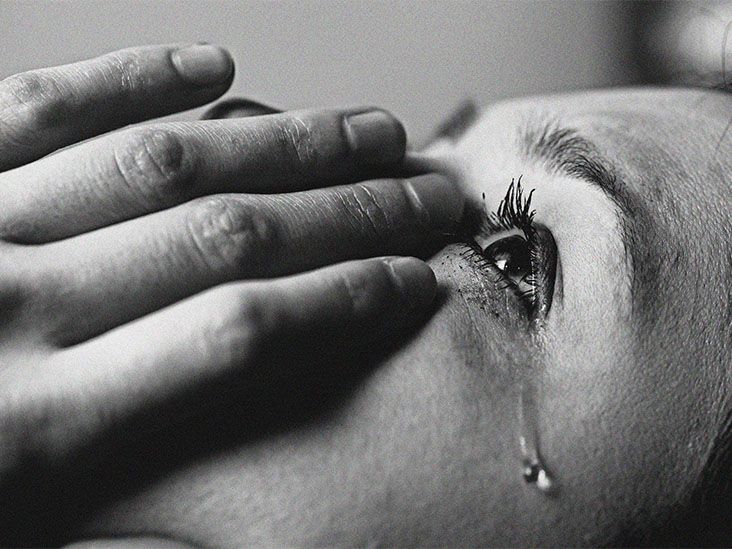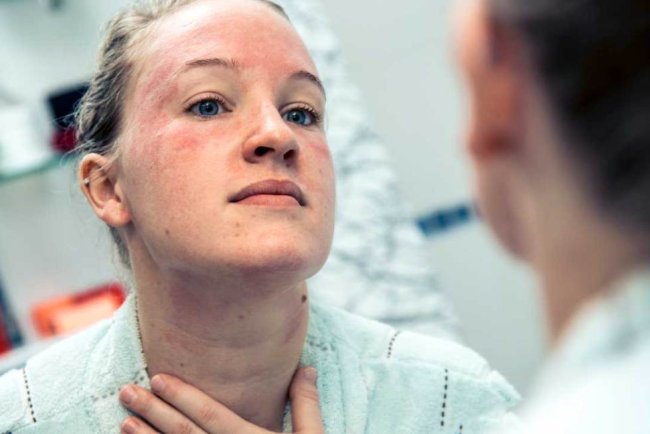Is It Healthy to Cry? Yes, says science and your soul.
Let us be honest: lately, life has been giving out tears like party favors. Many of us have shed more tears than usual and sometimes felt weird about it between personal heartbreaks and world disasters. However, the reality is that crying is not a sign of weakness. It is a very basic human survival strategy. Indeed, it is beneficial to your physical, emotional, and even social well-being.

Modern science (and, as it turns out, ancient philosophy) contradicts the traditional view that tears are a sign of vulnerability. Regardless of the reason behind your tears, sadness, happiness, annoyance, or just plain tiredness they could be more beneficial than detrimental.
Let us examine the effects of crying and the reasons you should not feel guilty about it.

The Health Advantages of Weeping Humans are the only creatures to produce emotional tears, according to science and history. Other animals do cry to shield their sight, but we are the only ones who cry when our hearts are broken or overburdened. Hippocrates and other ancient Greek philosophers thought that sobbing served as a sort of emotional cleanse, a way to release tension and grief.
The majority of modern psychology concurs. We can process challenging emotions, let go of pent-up tension, and communicate to others that we need support and connection by crying. Researchers have found that suppressing those feelings, or "repressive coping," is associated with a number of health problems, including decreased immunity, hypertension, cardiovascular stress, and mental health conditions including anxiety and despair.
Simply put, it is not brave to keep it to yourself.
Not Every Tear Is Made Equally
The purpose of basal tears is to keep our eyes lubricated and clear of infections.
Tears of emotion are shed as our emotions overflow.
This third category has the most potential for healing. In fact, emotional tears release feel-good chemicals like oxytocin and endorphins, which are our body's natural painkillers, along with stress hormones like cortisol.
Therefore, the statement that one feels better after having a "good weep" is not merely lyrical; rather, it is a neurochemical fact.
We Are Connected by Crying
Tears connect as well as cleanse. By expressing vulnerability and requesting sympathy, consolation, and support from others, crying can serve as a social bond. It increases closeness.
Such emotional openness is a radical gesture in a society that is fixated on independence and invulnerability. "I need help," "This matters to me," or "I feel something strongly" are all expressed through crying. And it is strong.
The Reasons Men Weep Less and the Need for Change
According to statistics, American women weep on average 3.5 times every month, compared to 1.9 times for males. That divide is cultural as well as biological.
Boys are taught from an early age to "man up" and "stop crying," internalizing the idea that showing emotion is inherently unmanly. However, the harm is extensive. Men who repress their emotions are more likely to consume drugs, become emotionally distant from others, and even commit suicide.
We must reprogram ourselves and our sons to view tears as emotional fluency rather than weakness. In the 1990s, poets like Robert Bly were already carrying out this task by facilitating men's retreats that urged them to cry, grieve, and experience intense emotions. However, these teachings should ideally begin even earlier in classrooms, at home, and in interactions that foster a safe space for vulnerability.
Crying in the Time of COVID
Grief washed over us in waves during the COVID-19 pandemic. In the United States alone, more than half a million people died. Many of us discovered that we were crying more frequently and more readily, sometimes in unexpected settings like the silence of our automobiles, grocery store aisles, during Zoom calls.
You are not "very sensitive" because of this. You become human as a result.
According to some psychologists, expressing emotion in public has actually become the new normal, a long-overdue cultural shift in a society that has always valued emotional control.
When Weeping Could Indicate a More Serious Problem
However, not all sobbing is therapeutic.
Uncontrollably sobbing a lot or crying for no apparent reason could be an indication of depression or some underlying mental illness. Interestingly, even when they sense the need to cry, some persons with severe depression are completely incapable of doing so. Emotional numbness is a form of misery in and of itself.
A mental health expert can assist if your tears—or lack thereof—are affecting your capacity to connect or function.
So… Is It Healthy to Cry?
Absolutely. Your heart's cleansing ritual, your neurological system's release valve, and your brain's emotional pressure drop are all facilitated by crying.
It informs your body and mind, "You are safe now," reduces stress, promotes connection, and eases pain.
Look for your soft spot. Sometimes words cannot express what your tears can.Because healing frequently begins with only one drop.
What's Your Reaction?




















